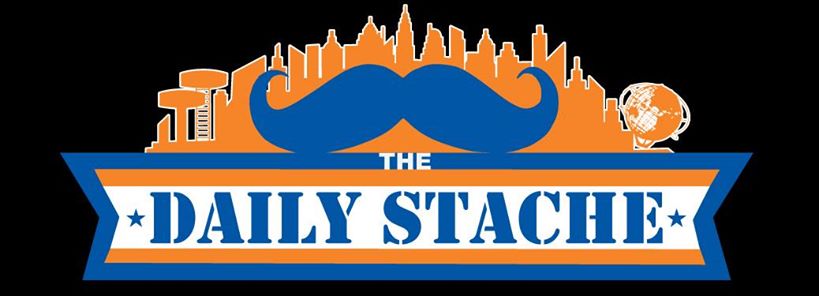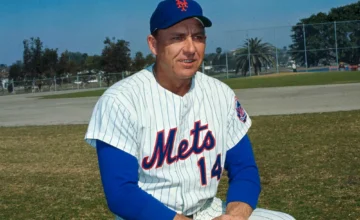There has been a lot of talk concerning what to do with Michael Conforto and Brandon Nimmo in regards to the Opening Day 25-man roster. Both Conforto and Nimmo will be 24 when the season begins and since both are below age 25, they are said to be in the developmental stage of their careers.
A professional baseball players career is divided into three stages, the developmental stage (age 16 to 25), his prime years (26 to 34) and his declining years (35+). Major League Baseball has a very specific and strict player development process they follow during the first stage. Through several decades of this process it has shown that this strict process has been very successful in properly developing young players. Often when a developing player is removed from this process failure occurs at a very high rate.
At the professional level a hitter has three-tenth of a second to determine if a pitch is a ball or a strike and whether to swing or not. Hitting a baseball at the professional level is considered a repetition skill, it takes consistent everyday play against professional pitchers to be successful. Catching or throwing a baseball, catching and throwing a football, shooting a basketball or shooting a slap shot are skills that can be learned through practice, stopped for some time and still mastered when resumed. Hitting a baseball at the professional level is not a skill that can be successfully picked up after significant time off, it is a repetition skill. A skill that a developing player must do daily to have a successful career. When a young player is removed from this everyday process and then thrusted in on a limited basis, failure is often the result.
Teams will scout players and rate them on their potential more so than their performance. Whether they are scouting a 16-year-old foreign player, an 18-year-old high school player, or a 21-year-old college player, these scouts are rating each players skill set and future potential.
After a player is signed the organizations player development team will spend the next 2 to 6 years honing and fine tuning these skills to hopefully develop a future star for their organization. From ages 16 to 22 the focus is strictly on developing, and playing regularly is a vital part of properly developing a player.
Once a player reaches age 23 to 25 (the latter stages of the developmental stage) these players are put to the test. It is during these very important years that a player must prove what his career role will be. It is during this stage that the player receives the label that will determine what his role will be for the next 10+ years. Is he an everyday player? Will he have to adapt to a backup role to salvage his career? If so, can he? Will he be a successful backup than? Or will he become a journeyman/career minor leaguer?
Michael Conforto and Brandon Nimmo are currently at the stage, where the next 10+ years of their careers are at stake. Keeping them on the 25-man roster in a backup role could have devastating affects to their careers. The last 50+ years of the player development process has proven this. During the offseason, the Mets attempted to deal Jay Bruce or Curtis Granderson to clear an everyday position for Conforto, for this very reason. Unless the Mets clear open an everyday spot for Conforto and/or Nimmo, they cannot be on 25-man roster come Opening Day.




